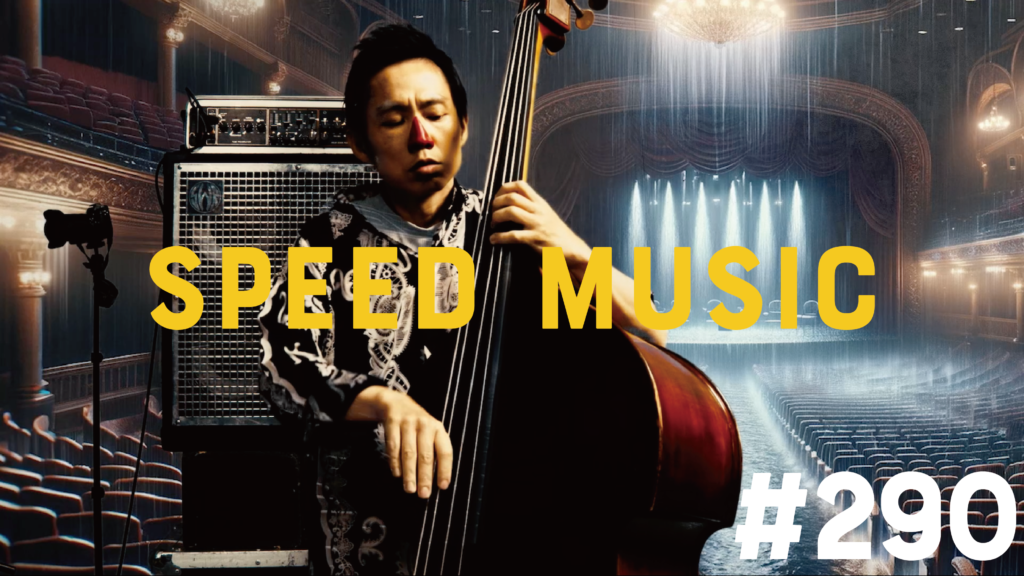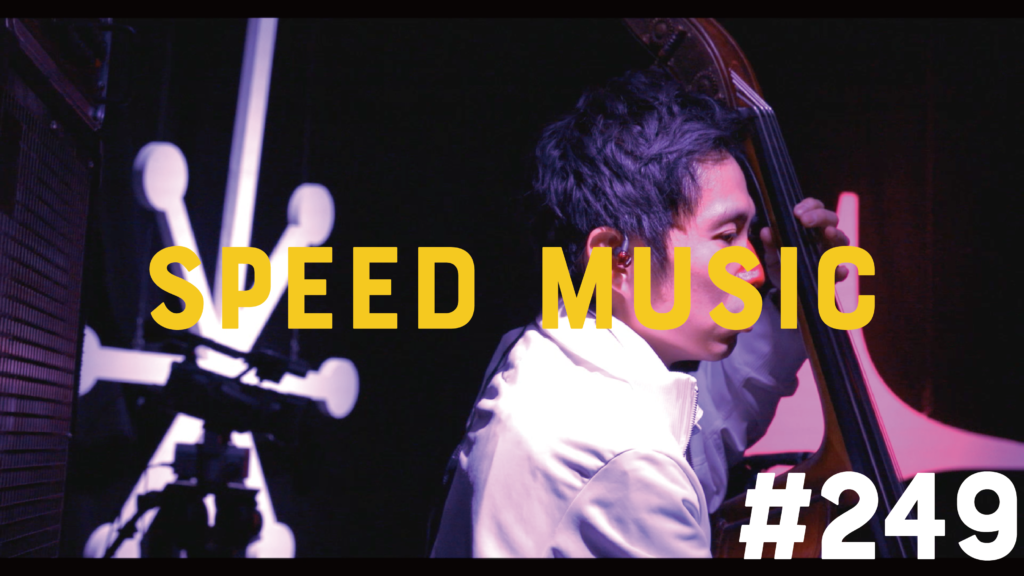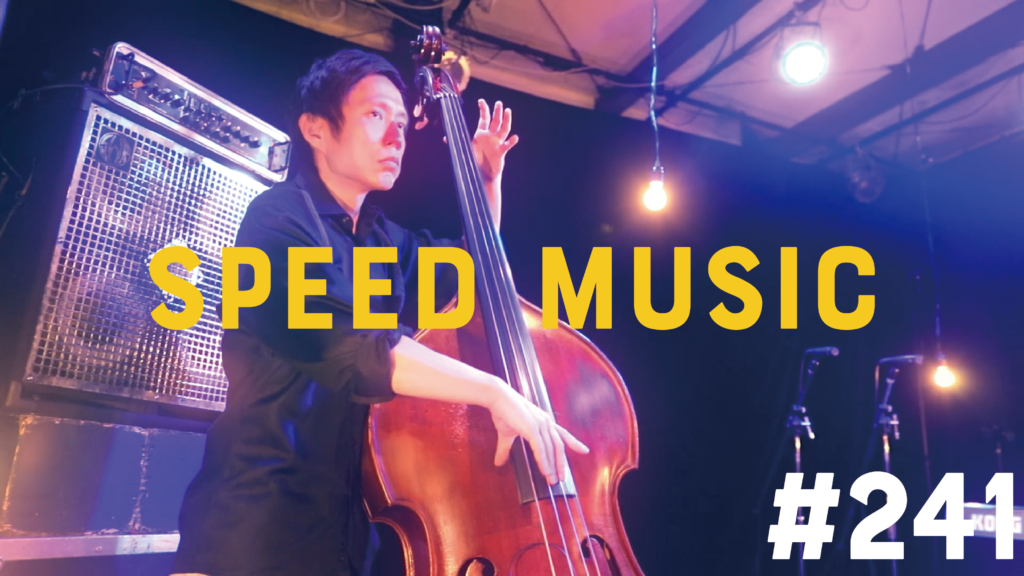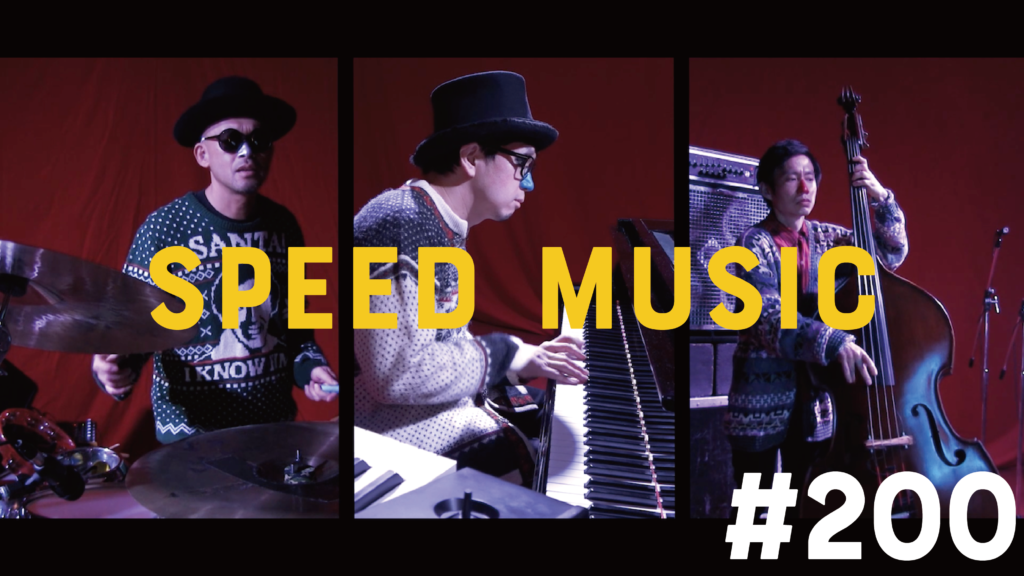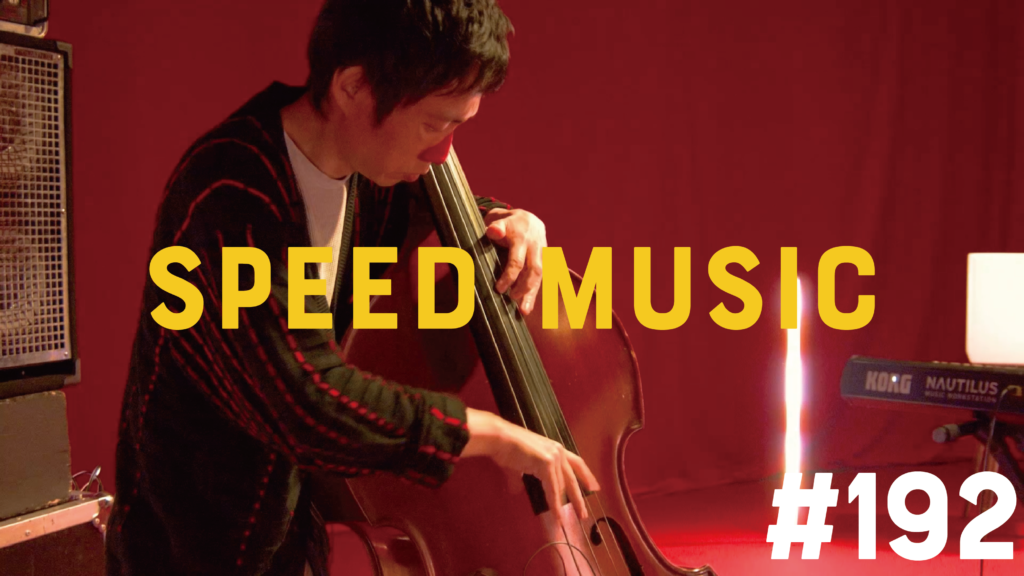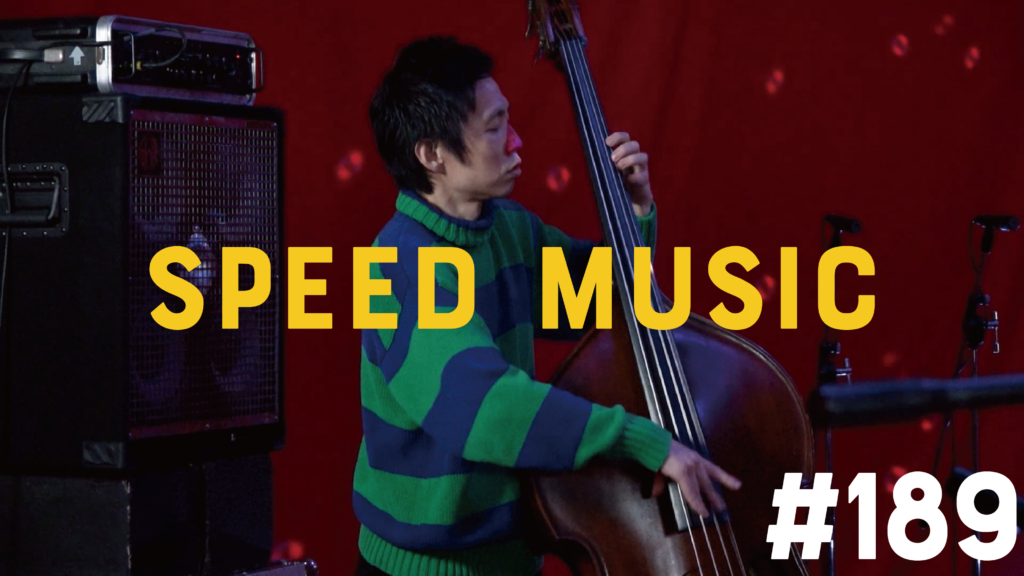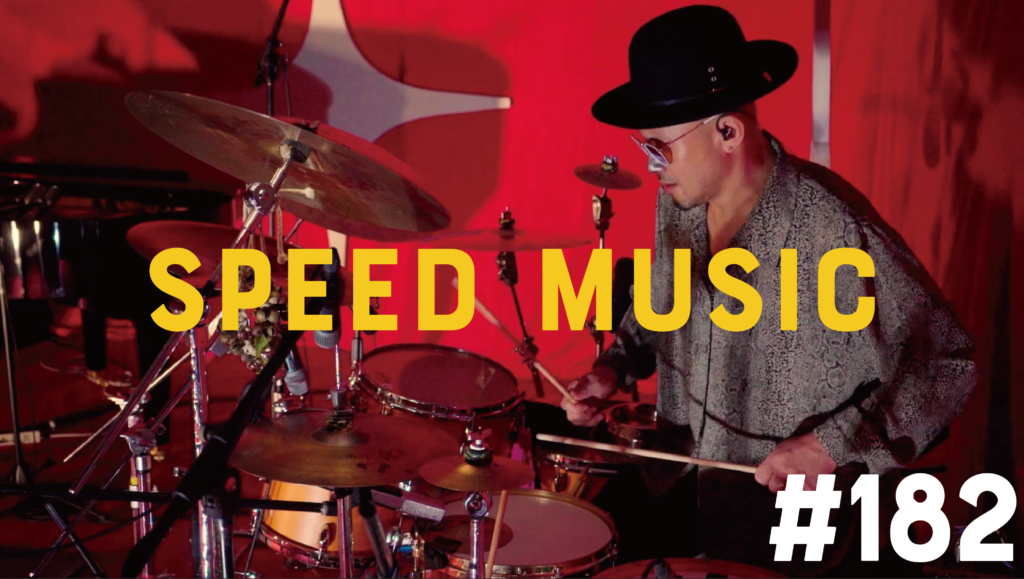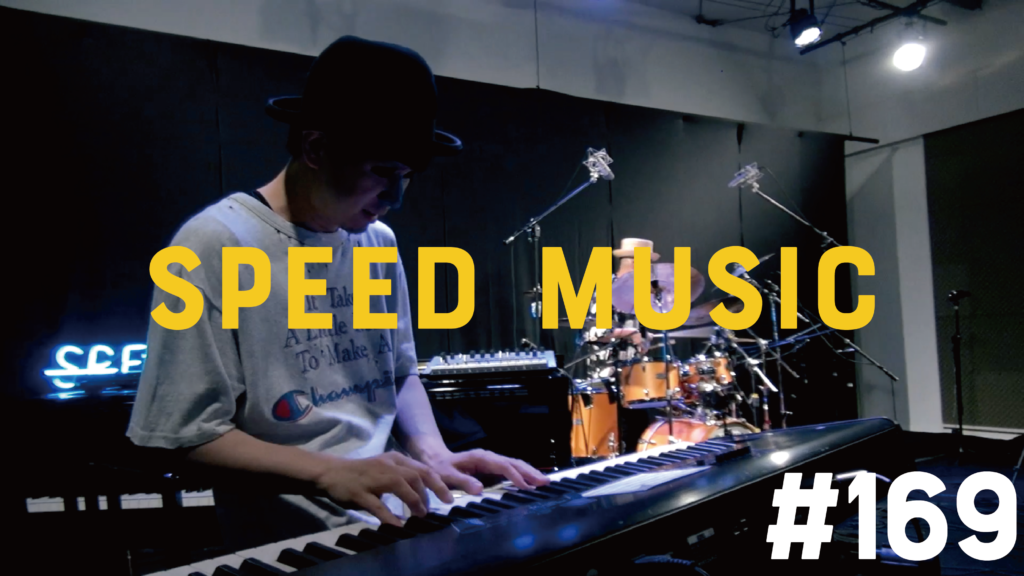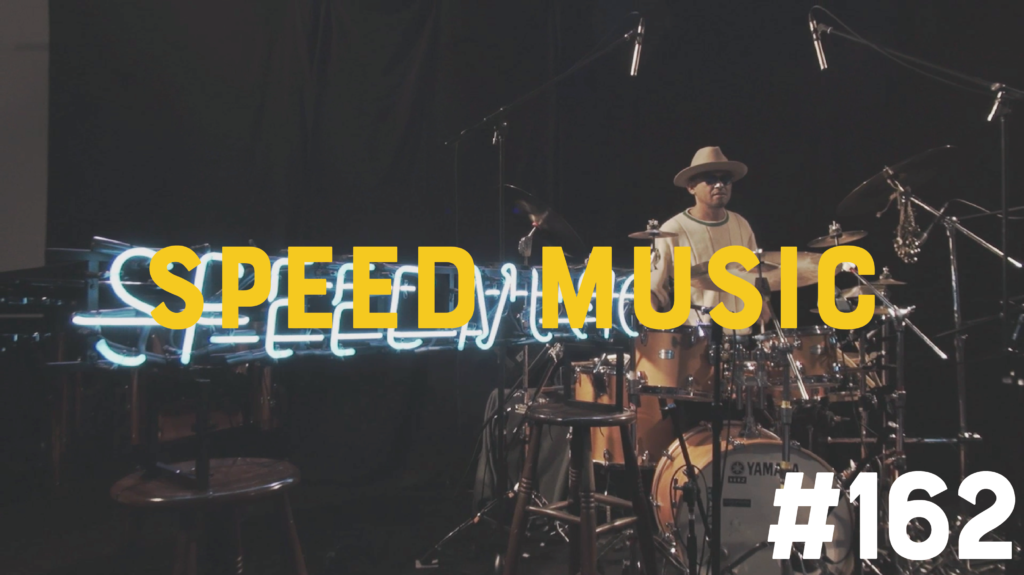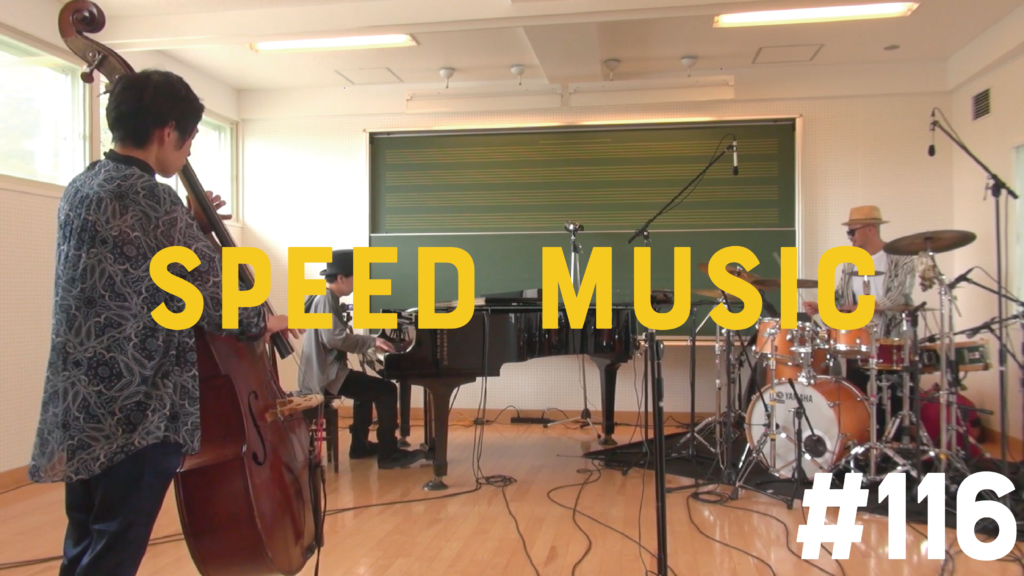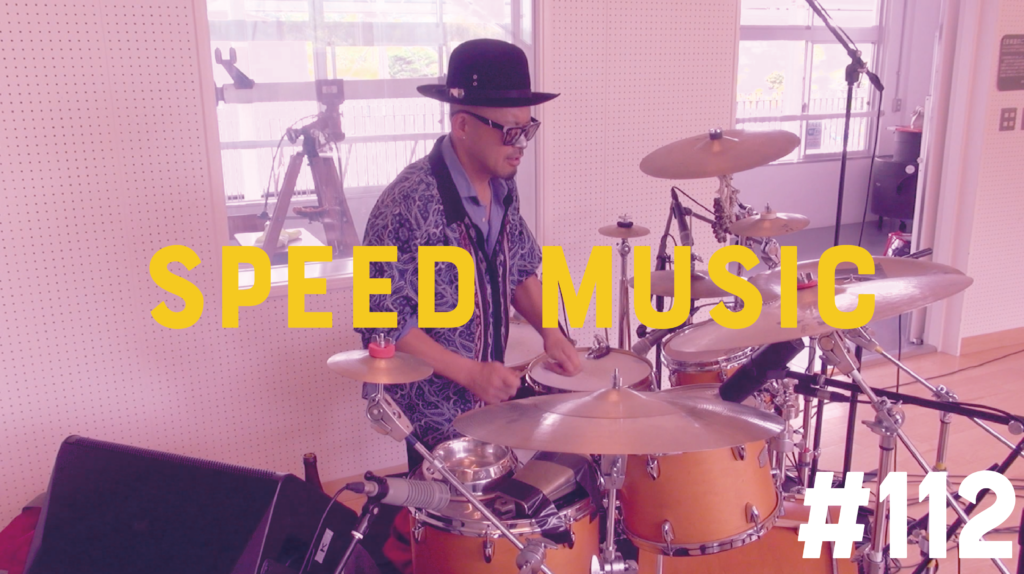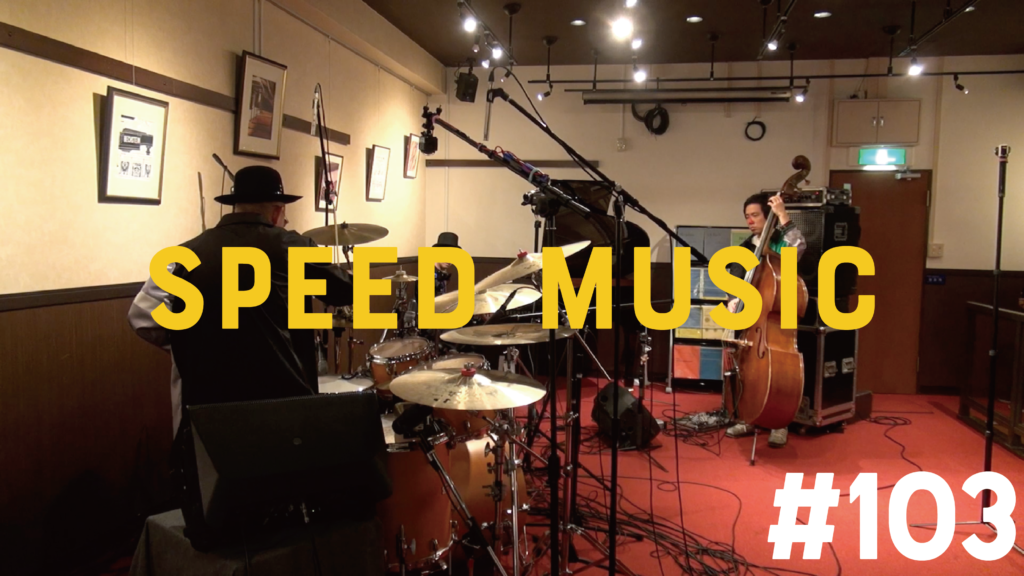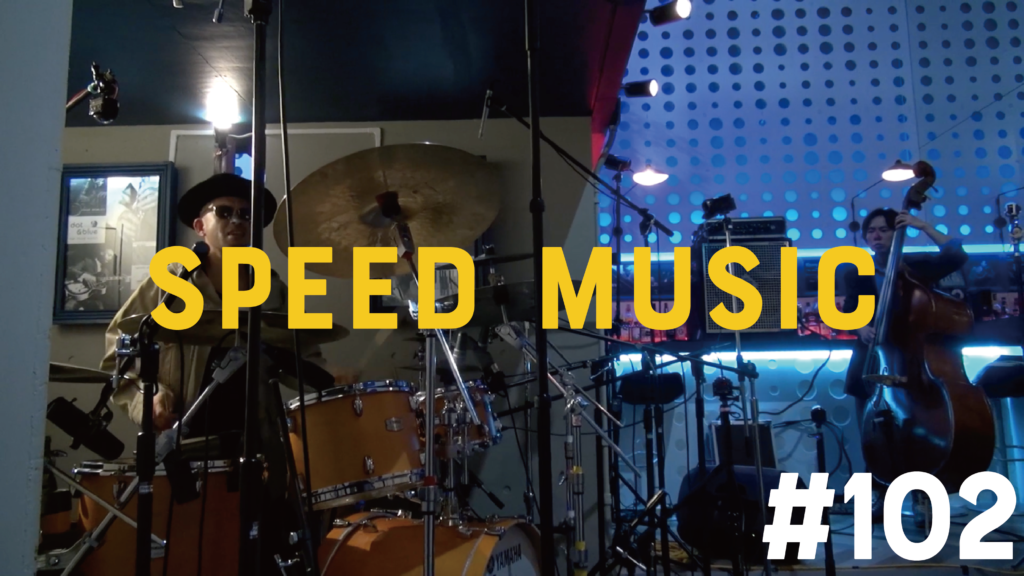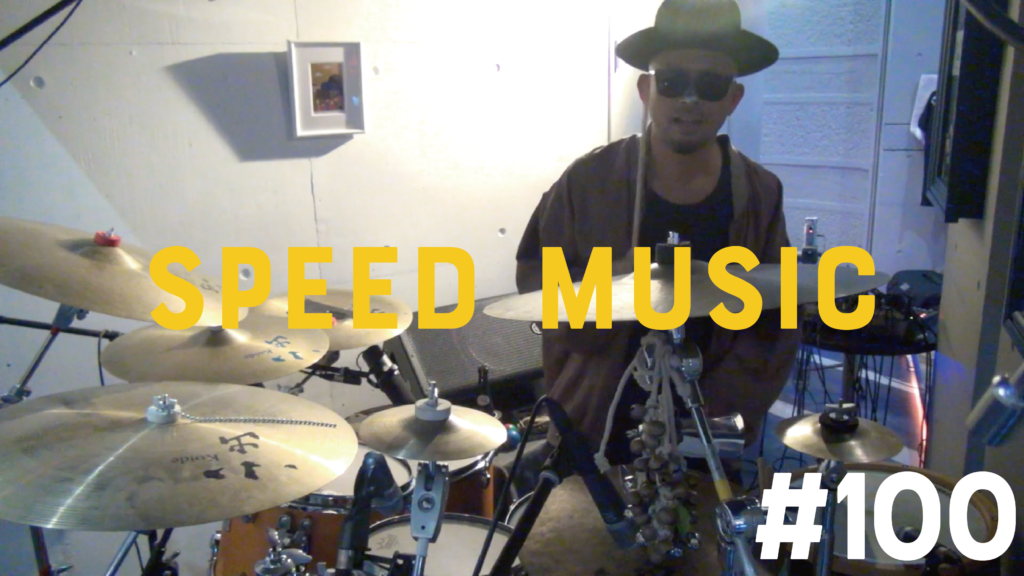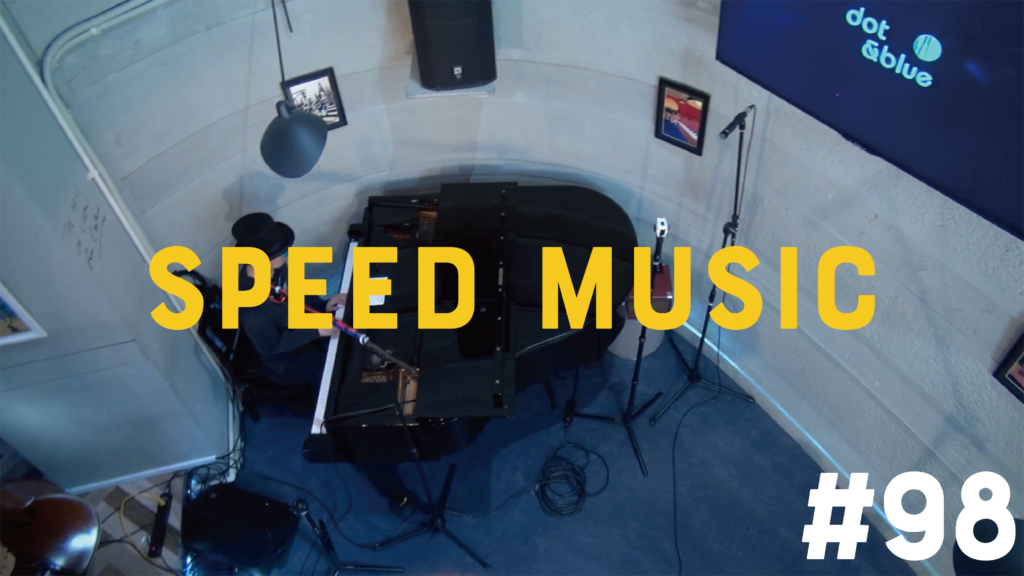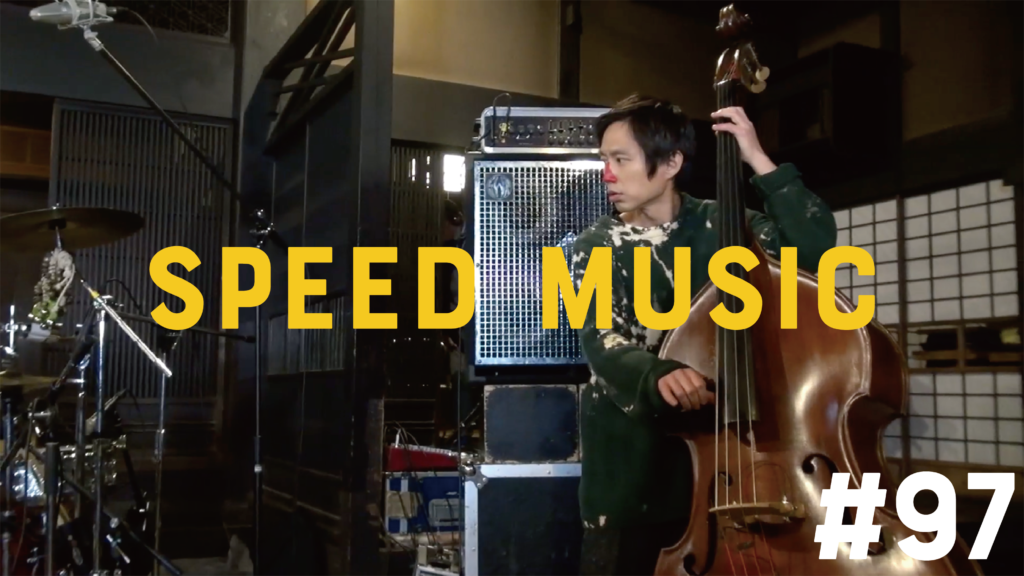#98 秋桜 / 山口百恵 by H ZETTRIO
1977年10月1日にリリースされた山口百恵の楽曲で、19枚目のシングルである。「日本の歌百選」に選ばれている。本作のヒットにより ”コスモス” というそれまでになかった読み方が広まるようになった。1982年には、日立マクセル「maxell・エピタキシャルビデオカセット」のCMソングに、1995年には、東映映画『日本一短い「母」への手紙』の主題歌として使用された。2008年12月10日からは、山口の出身地の神奈川県横須賀市にある京急久里浜線京急久里浜駅において接近メロディとして使用されている。(フリー百科事典 ウィキペディア日本語版より:https://x.gd/jN5s6)
This is a song by Momoe Yamaguchi, released on October 1, 1977, and is her 19th single. It has been selected as one of the ''100 Best Japanese Songs.'' Due to the success of this work, a new reading ''cosmos'' became popular. In 1982, it was used as the commercial song for Hitachi Maxell's ''Maxell Epitaxial Video Cassette,'' and in 1995, it was used as the theme song for the Toei film ''Japan's Shortest Letter to Mother.'' Since December 10, 2008, it has been used as an approach melody at Keikyu Kurihama Station on the Keikyu Kurihama Line in Yokosuka City, Kanagawa Prefecture, Yamaguchi's hometown. (From the free encyclopedia Wikipedia Japanese version: https://x.gd/jN5s6)

